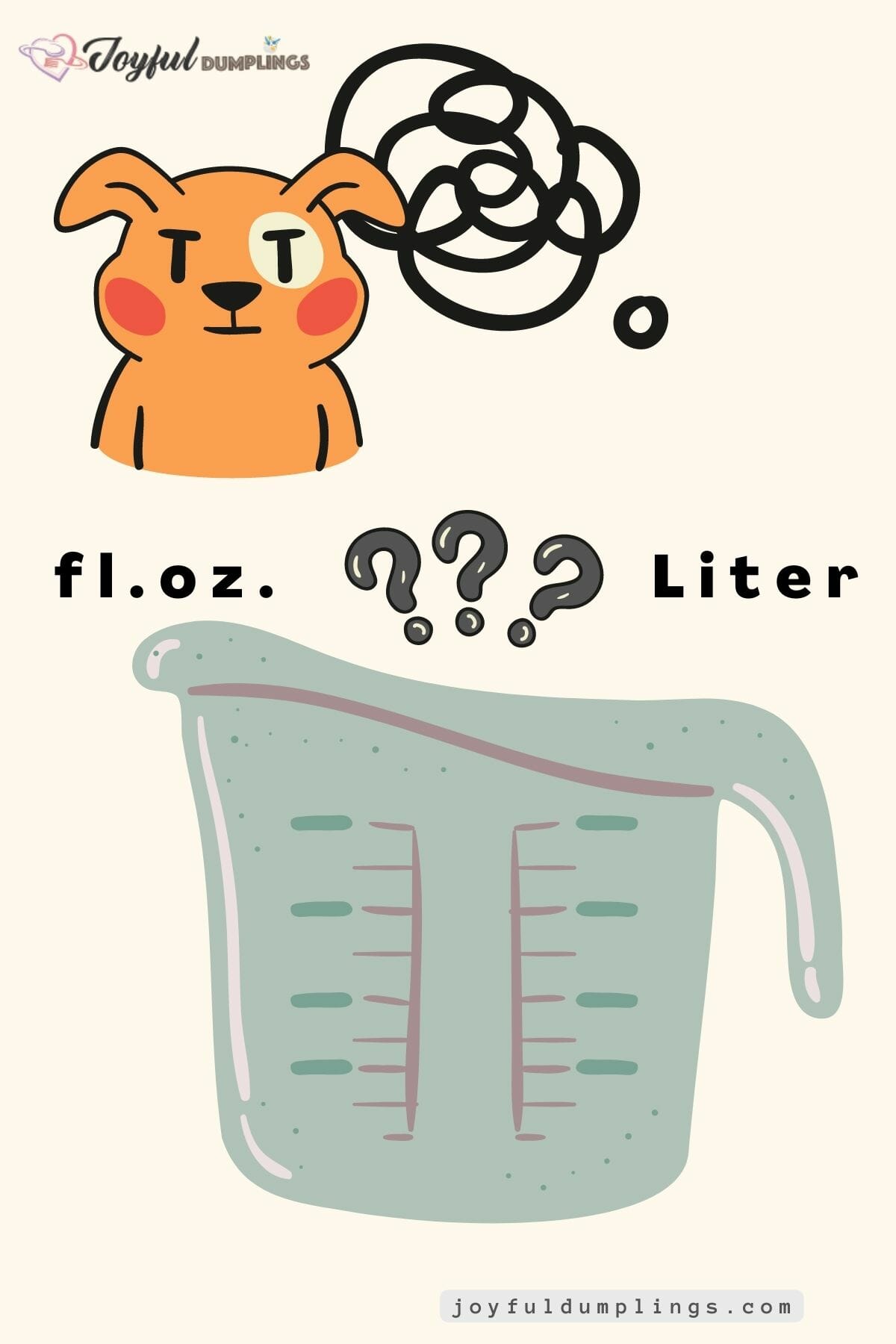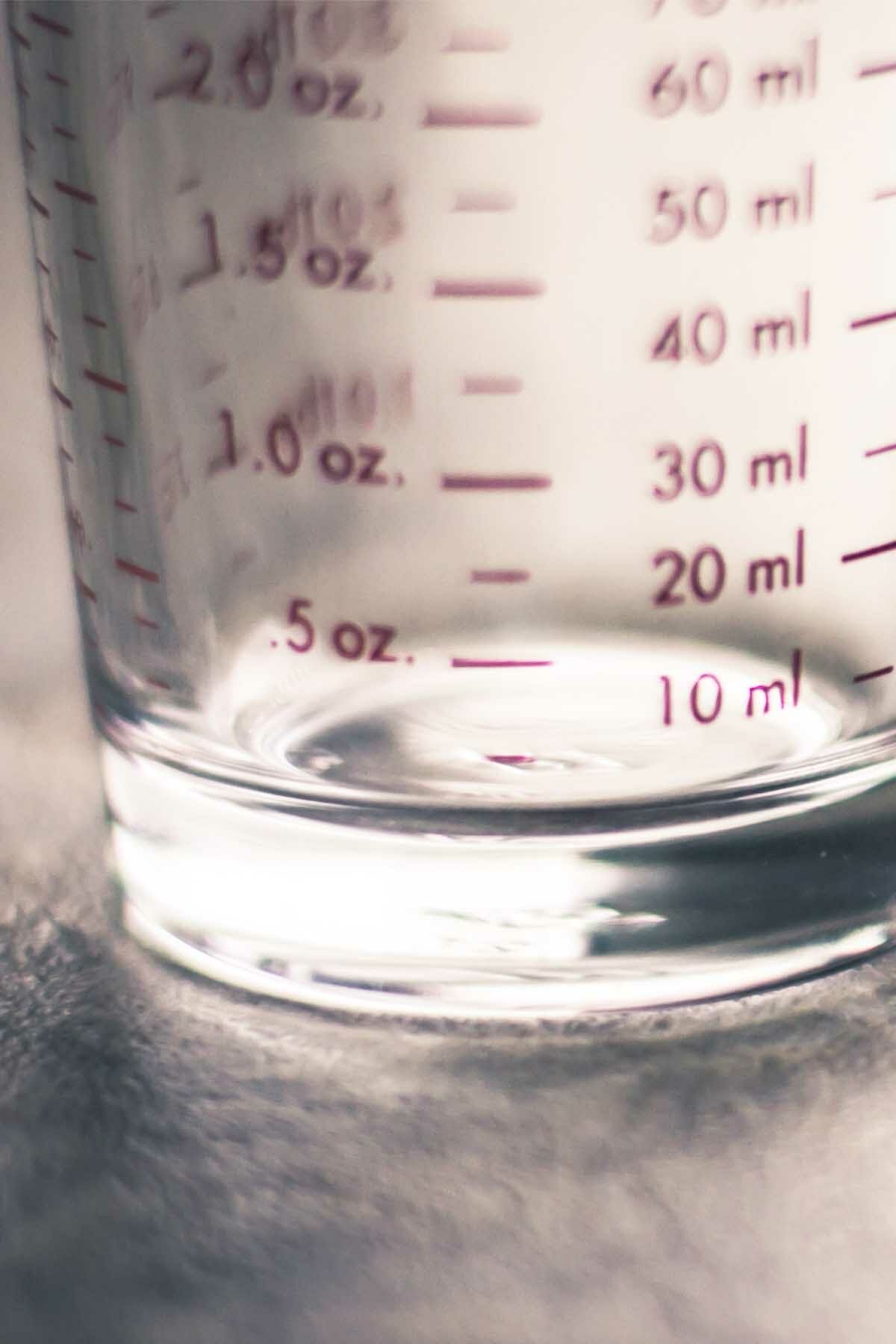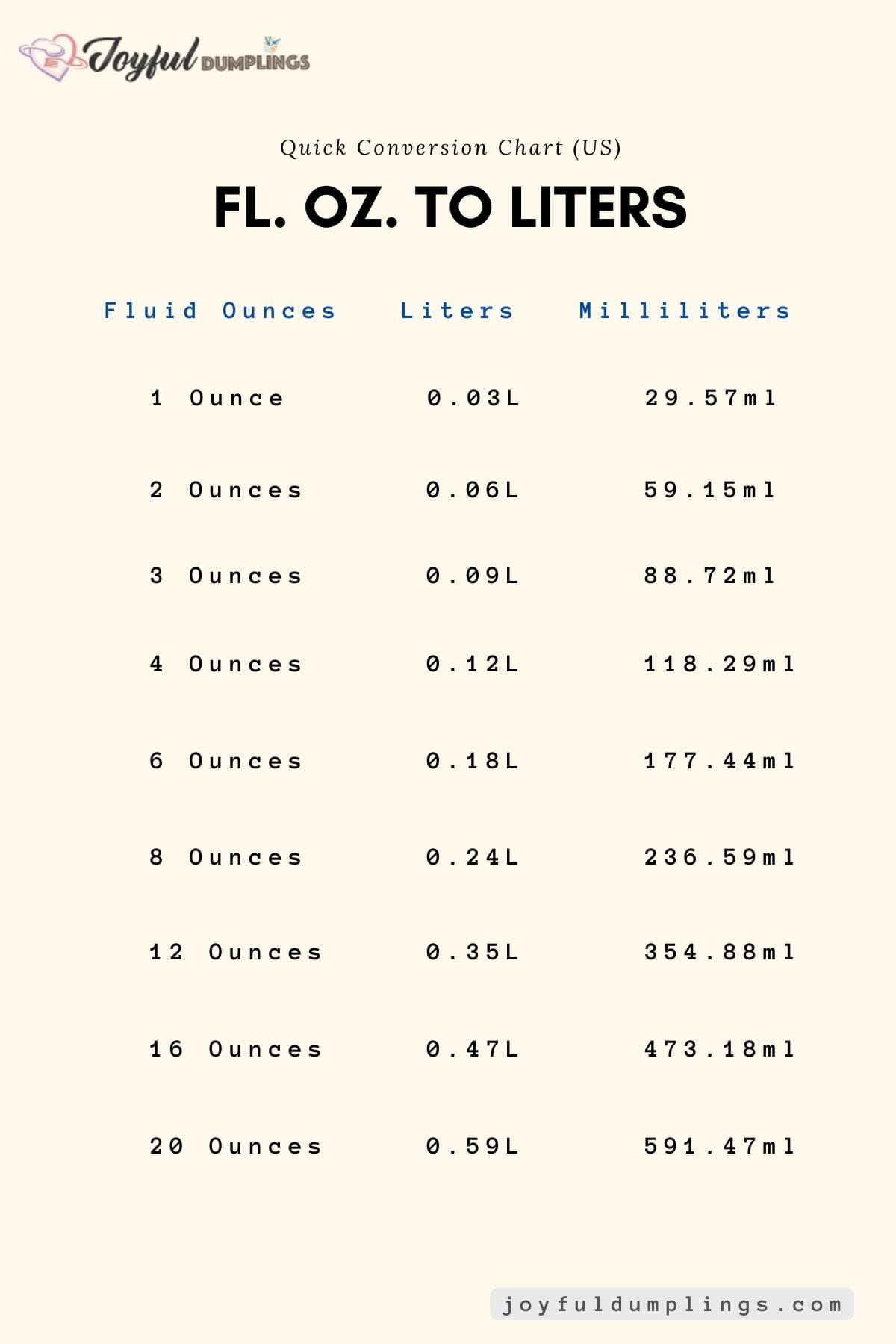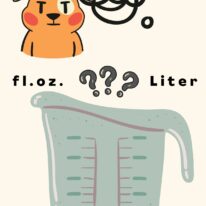Last Updated on August 24, 2023
How many ounces are in a 1.5 liter? A comprehensive guide to the measurement of ounces in a liter, including definitions, origin, and other useful information.
For starters, you’ll need to understand what an ounce is and what a liter is before you can do the conversion.

How many ounces are in 1.5 liter?
You’re most likely drinking something like water or milk from a container marked with ounces. The abbreviation for ounces is fl. oz. Additionally, water volume is measured using two types of ounces worldwide:
- US ounces (1 liter = 33.814 Fl oz)
- UK ounces (1 liter = 35.19 Fl oz)
So the answer is 1.5 liters equals 50.72 fluid ounces in US customary units and 51.71 fluid ounces in UK Imperial units.
Consequently, pints measure differently in the United Kingdom than in the United States (A pint is larger in the UK than in the US). There has been a difference between the two for hundreds of years and it remains the same today.
Ounces to Liter Conversion Calculator
Ounces to Liters Conversion Calculator
Enter the number of ounces:
Result:
What’s up with these numbers not being round? The reason is that we’re converting between two systems of measurement! Liters are a metric measurement, while ounces are imperial.
The United States and worldwide use liters and ounces to measure water volume, although ounces are more prevalent in the US.

Metric vs Imperial Measurement System
In addition to meters and grams, prefixes like kilo, milli, and centi are used to count orders of magnitude.
In the United States, things are measured in pounds, inches, and feet. Here is an article in depth about Metric System vs. Imperial System: Differences and Use.
Since the United States is the only nation still using imperial measurements and ounces (Liberia and Myanmar are the other two).
It is becoming increasingly important to convert ounces into metric volume measurements of liters since so many recipes and packaging have become metric.
What Is An Ounce?
Some countries use ounces as a unit of weight, including the United States. One ounce weighs 28 grams or 0.035 pounds.
In Roman times, an uncia represented one-twelfth of the denarius, which was the Greek coin used by the Romans before they began minting their own money, and was derived from the Latin word uncia, which means “a twelfth part.”
What Is A Liter?
The liter is derived from the Latin word litera, which means “letter.” The liter was introduced into France in 1795 after the Republican government overthrew the monarchy and everything that went along with it.
Throughout the world, liters are used as a unit of volume. It was defined by an international agreement in 1901 that a liter was equal to one kilogram of pure water.
Quick Conversion Chart
Even though the rest of the world uses the metric system, Americans still prefer pints, quarts, and gallons.
In order to help you with your metric conversions, here is a quick conversion chart that you can use. The conversion between ounces and liters is vital when you are cooking at home.

Hope this article “How Many Ounces Are In 1.5 Liters?” has given you a better understanding of fluid measurement units.

How man ounces are in 1.5 liter?
Ingredients
- 1.5 liters equals 50.72 fluid ounces in US
- equals 51.71 fluid ounces in UK
Instructions
- US ounces (1 liter = 33.814 Fl oz), UK ounces (1 liter = 35.19 Fl oz)
- So the answer is 1.5 liters equals 50.72 fluid ounces in US customary units and 51.71 fluid ounces in UK Imperial units.
Sign Up to Joyful Dumplings!
Subscribe to our mailing list and join our community!
Thank you for subscribing.
Something went wrong.